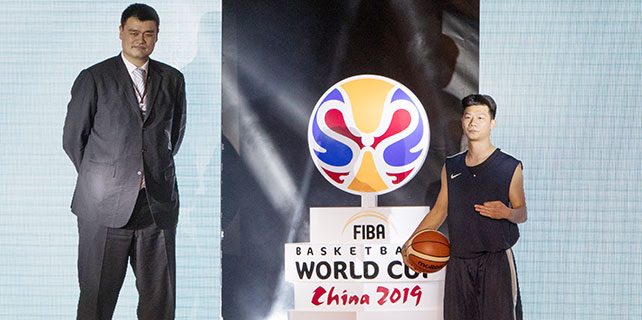Govt says no need for JV tech transfers
 |
|
A technician tests a fuel sample at Cargill Inc's biodiesel processing facility in Rosario, Argentina. [Photo/Agencies] |
Foreign companies have no obligation to transfer their technologies to local partners under a joint-venture format in China, the Ministry of Commerce reiterated on Thursday.
The ministry's response follows foreign media reports that global investors were required to share their technologies with their Chinese partners, violating World Trade Organization rules.
Sun Jiwen, the ministry's spokesman, said there are no compulsory technology transfer obligations for foreign investors. All the terms and conditions in business negotiations between two parties result from market behavior rather than such a "nonexistent duty", according to Sun.
"Attracting foreign investment is crucial to China's opening-up. Therefore, we need to underpin a healthy and regulated market environment," said Sun.
Most industries are completely open for foreign investors in China. Only a few sectors deemed sensitive have equity share limits and restrictions, according to relevant regulations. These were reduced from 43 to 15 in 2015.
Eager to maintain its core competitiveness, China started to allow foreign businesses to invest in sensitive industries such as telecommunications, internet-based sectors and education in 2016. Local governments are not permitted to make arbitrary decisions that limit foreign investment.
The Ministry of Commerce and other government bodies are now revising the catalogue of industries open to foreign investment, for example, cutting the number of industries with equity share limits.
The government has repeatedly said that "because of its huge market size, industrial infrastructure foundation and logistics network, China is, in the long term, the most attractive market for global companies".
Foreign companies such as German conglomerates Robert Bosch GmbH and Siemens AG, the United States-based Cargill Inc and Royal Philips NV of the Netherlands, have all made new plans to increase their investments in China through building new plants, joint ventures and research centers.
Johnson Controls Inc, the US manufacturer of energy-efficient products, control systems and batteries, will open its second global headquarters with capacity for between 1,200 and 1,600 employees in Shanghai in June.
Clay Nesler, vice-president of global energy and sustainability at Johnson Controls, said that the company will continue to seize the green building business opportunities that arise from China's ongoing urbanization and industrial upgrading.









